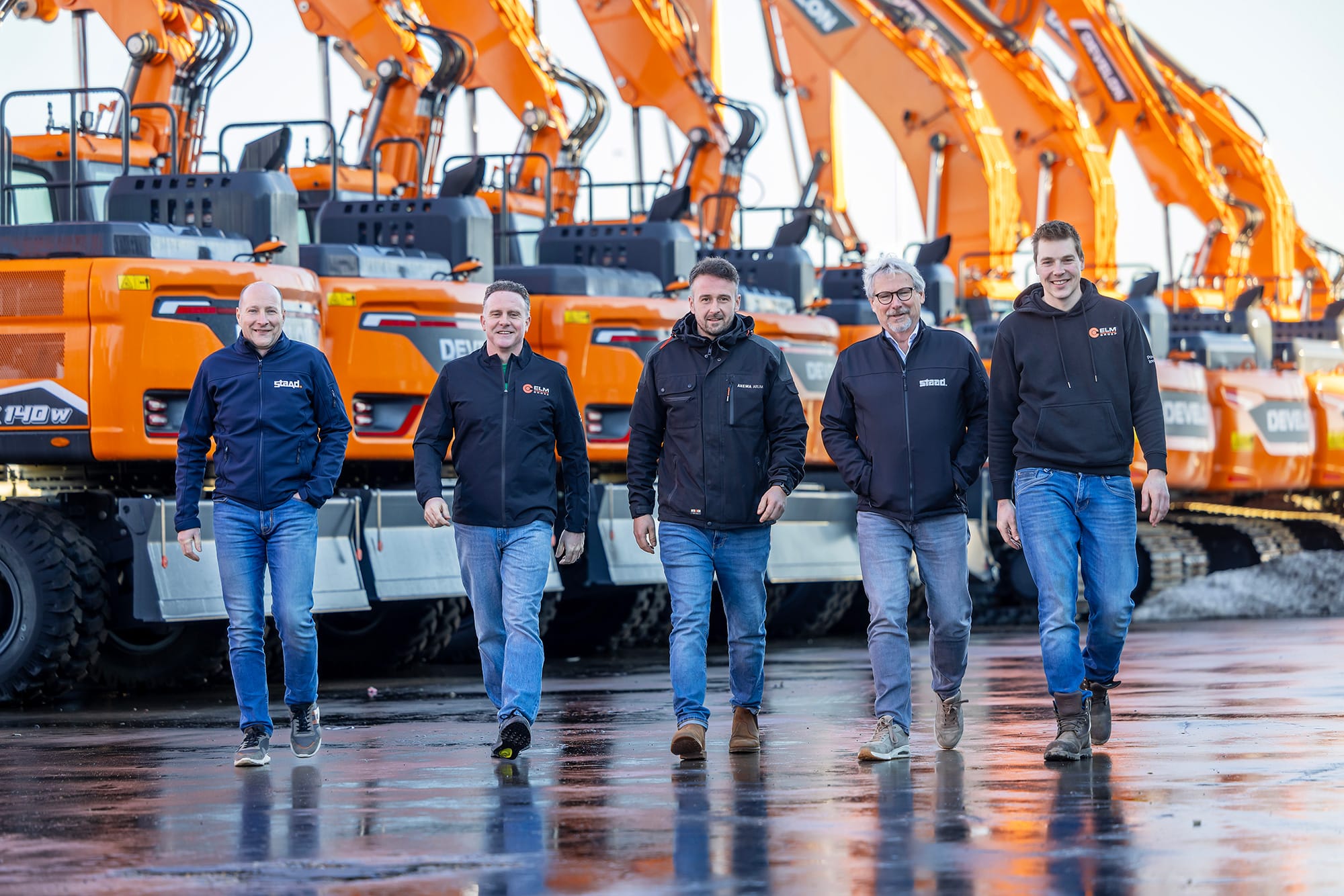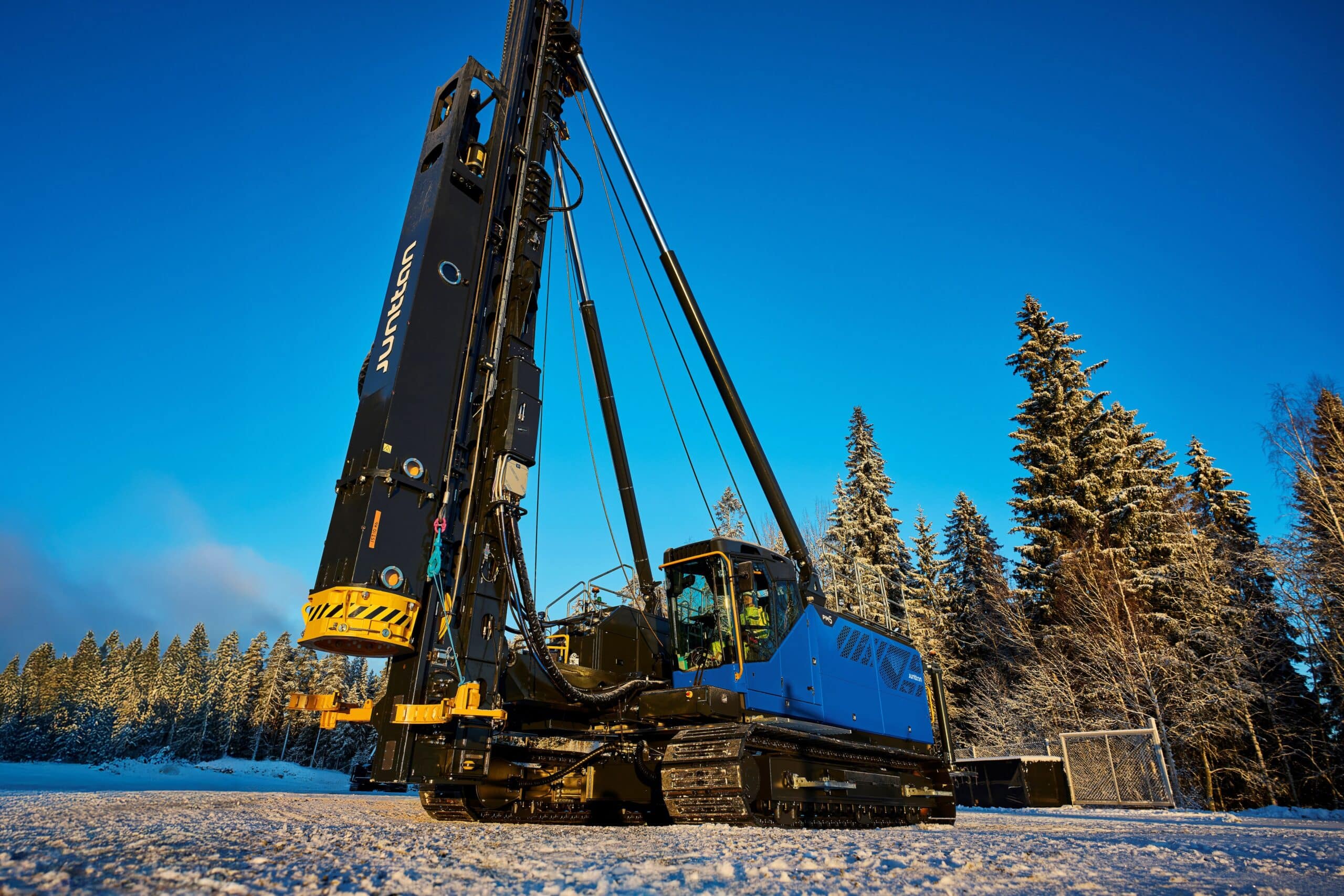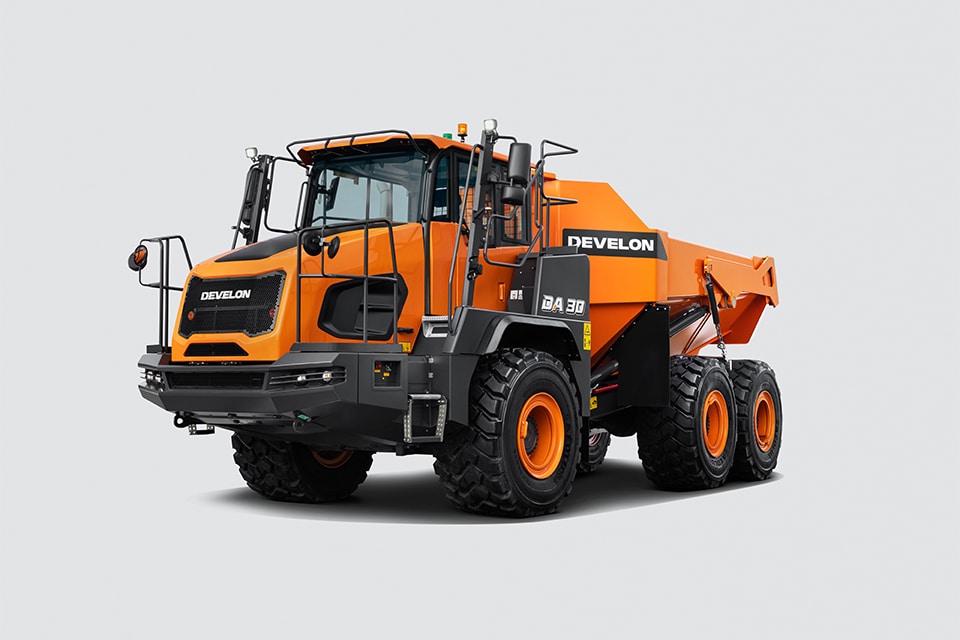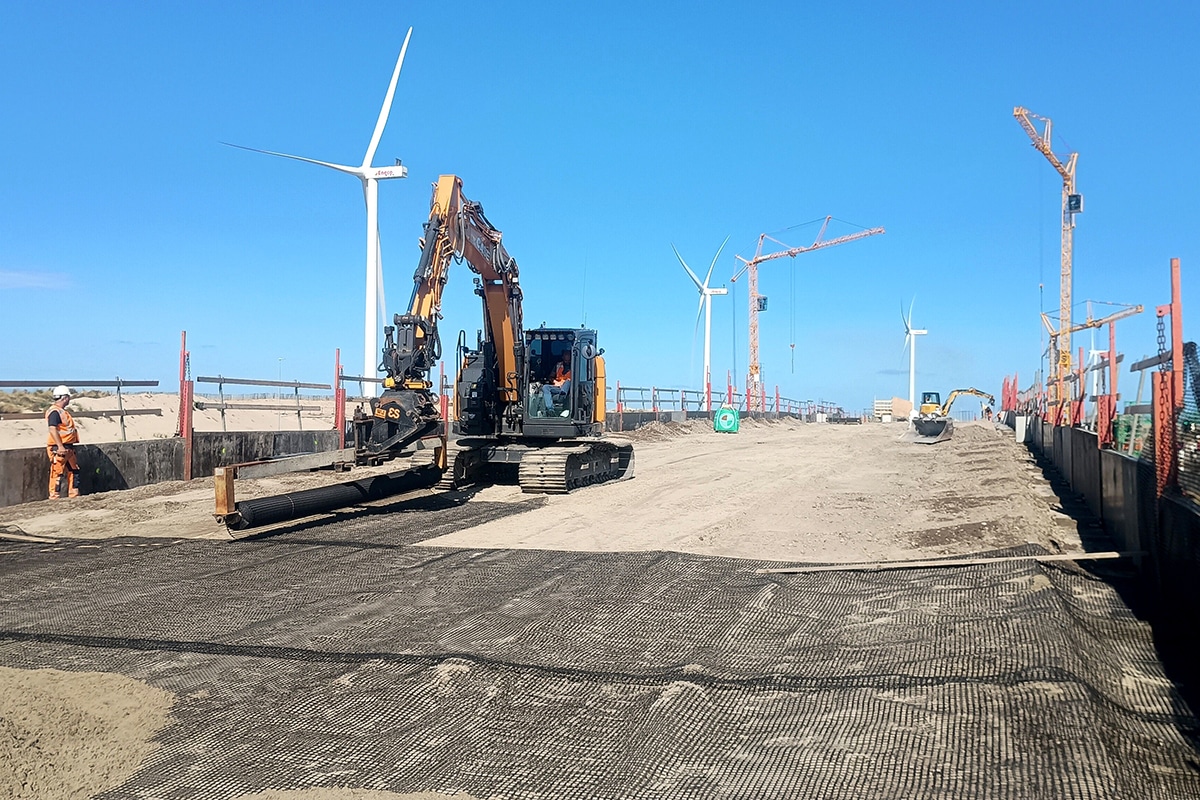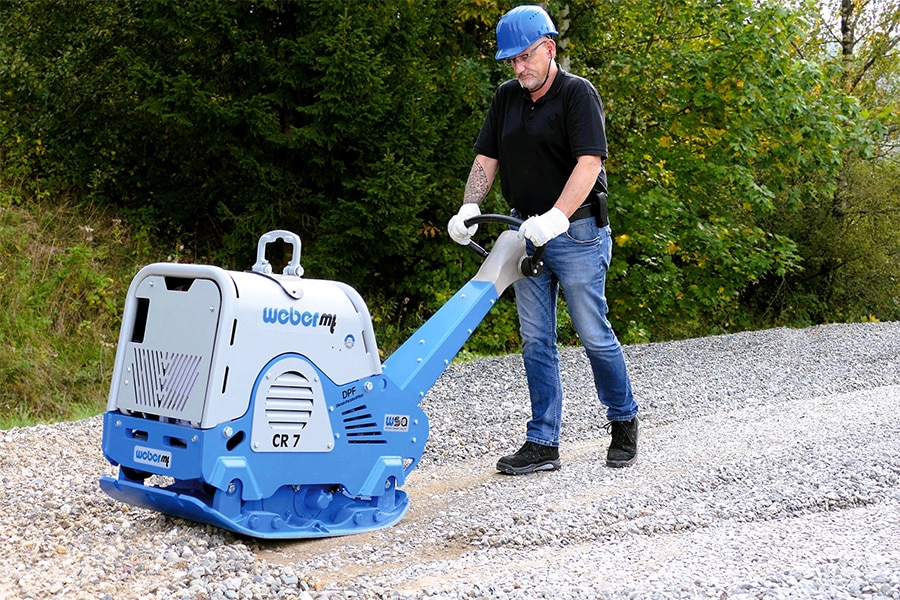
Weber MT jumps on new regulations around soot filter
The construction and infrastructure sector was startled early this year by the news that the Labor Inspectorate wants to strictly enforce that small machines such as vibratory plates, vibratory rammers and vibratory rollers are also equipped with a particulate filter. After all, emissions are said to be two hundred times higher than expected. Weber MT explains the implications for manufacturer and end user.
To protect construction workers from carcinogens such as particulate matter, diesel engines <56 kW must be equipped with a diesel particulate filter (DPF) with an effectiveness of at least 95%. That can be an ex-factory system or a retrofit kit. Weber MT sees that the measure - which does leave room to depreciate equipment in phases - directly triggers a shift from diesel to gasoline. "Against every model with a diesel engine there is also a gasoline version in our range, which is cheaper to buy," said Bas van Sinderen, sales manager for Benelux. "The Honda engines run at only 80 to 85% of their ability, so they hardly wear out and effortlessly last a machine life."
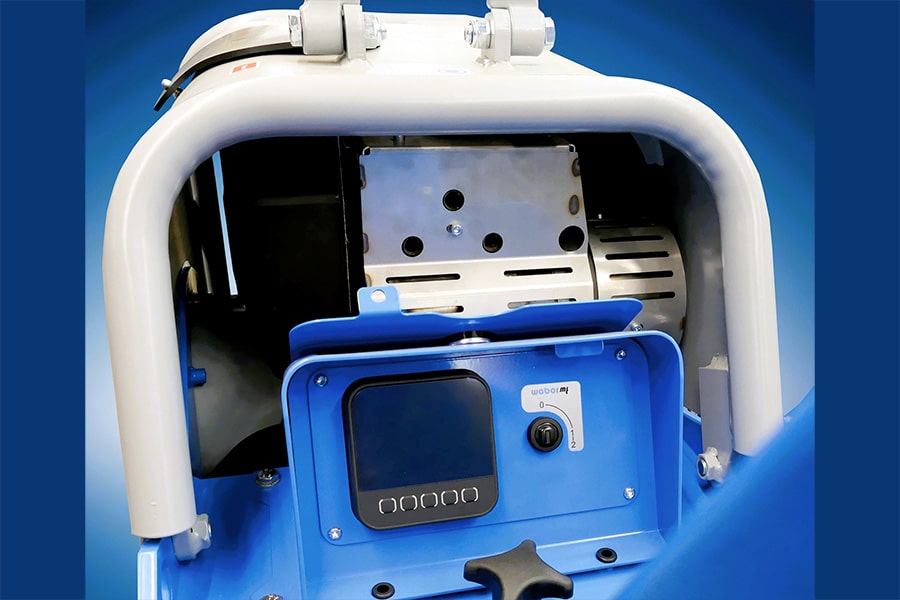
Weber MT expects that for compaction machines in the light classes the switch to electric will be made immediately, as that will be the standard from 2030 onwards anyway. Next year, the German quality brand will also launch some heavy vibratory plates with interchangeable battery packs. Think of the 5.5-ton CR 6 and the CR 7 in the most competitive class of 6.5 tons of striking force. According to Bas, the manufacturer does not have to jump through any hoops for the new health and safety directive, by the way. "Engine supplier Hatz approached us earlier to install a soot filter on some heavy compactors. This self-regenerating system is space-savingly built in under the cover of the CR 6 and CR 7 WSA DPF. Ideal for in halls, tunnels or shoulder-deep trenches."
